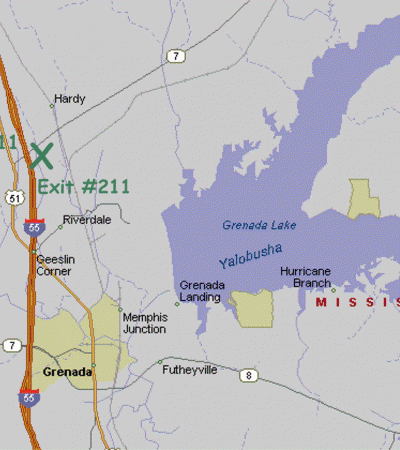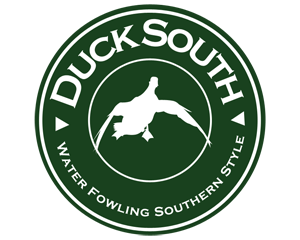Boom……! Boom!!!!!! Shots rang out from the left side of the blind. “I got him!” said the new duck hunter from the far side of the blind. “Dude, what the hell?”, said his more experienced hunting partner. I looked to my left and laughed as the master hunter let out a moment of disgust as some pintails flared away into the sun and out of our hole. He snorted, shook his head, growled, and blew through his lips to make the disgust known around the blind. His best friend and hunting partner, sitting on the far end of the blind just shot at a passing teal as we worked a group of thirty pintails into the hole to just in shooting range. None of the guys in the blind had ever killed a pintail, so it was a dream to get one to put on the wall. The rules of calling the shot had been given before the hunt, but the best friend couldn’t contain himself as the teal passed on his end. It may be the only shot some of these hunters ever get at a bull sprig. It just shows the importance of waiting on the shot caller calling the shot in the blind.
If you want to have a safe and successful hunt, you need to learn when to call your shots when hunting by yourself. If hunting in a group, you should decide beforehand who will be responsible for calling the shot. The general rule of thumb is the duck hole’s owner is in charge of calling the shot, most experienced hunter of the group, or the most upwind hunter. That is because they are in the best position to view the birds and decide when they are about to land or pass over the decoys in shooting range.
It is the duty of the assigned caller to ensure that every other hunter in the blind is prepared to shoot when the time comes. Simply yelling out that it’s time to shoot is not fair to the other hunters, as they will have no idea of the position of the birds. Confusion becomes a real issue here, causing a delay in the shots, and a likely miss.
To keep all the hunters in the loop, the shot caller should communicate properly. Communication might begin with the shot caller making everyone aware of the position of the birds in relation to the blind, and then giving the call to shoot. The hunters will then know exactly where to aim, as well as the optimum time to fire.
I always, as a rule of thumb, explain to the hunting party I am hunting with how I will call out ducks before the hunt starts. I use the clock method. Twelve o’ clock is straight ahead. Nine o’ clock is to the left, and three o’ clock is to my right. I also use the terms low, mid, and high before the time to explain the altitude of ducks so my hunters will understand. So, if they were to the left and high, I would say high at eleven o’clock.
Ideally, the shot caller should only make the call when all of the hunters in the blind have an equal chance of hitting the target. For example, if there is a crosswind, the shot call should be delayed until the flock is located squarely in front of the blind. Taking the time to allow the birds to get into the best position means that every hunter gets a chance to fire off the best shot possible.
If on the other hand, the wind is blowing into the face of the blind, the birds will come from behind, making shot calling a little more difficult. It is up to the caller to decide whether the shot should be called when the birds are at the rear if the blind, or whether they should be allowed to pass overhead first. It’s at the discretion of the caller, but, as always, he needs to keep the other hunters informed.
The same rules apply on days when birds are not decoying well. The decision on when to shoot should be clearly announced by the caller so that every hunter has an equal chance at a good shot.
When the call to shot is made, it should be done in a loud, clear voice so that there is no chance of confusion. The phrase used in shot calling should be passed on to every hunter before the hunt begins. I like to use the phrases take’em or cut’em. The command should be short, clear, and easy for every hunter in the group to understand.
Being the shot caller means leaving yourself open to criticism from the rest of the group. There are always going to be unsatisfied murmurs from the blind if a hunter believes that an open shot was allowed to pass. There may even be some who decide to take matters into their own hands and call their own shots. If you are going to be the caller, you had better learn to develop a thick skin pretty quick!
It is impossible to make the right call every single time, which is something that everyone needs to be aware of. Getting it right more often than not means that teamwork wins, and more birds fall.




